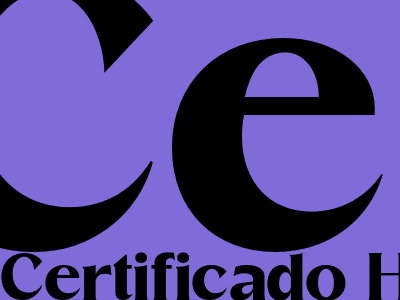HTTPS Certification: A Comprehensive Guide
Introduction
In today's digital world, website security is paramount. HTTPS certification plays a pivotal role in protecting websites and their users from malicious attacks and data breaches. This comprehensive guide will delve into the intricacies of HTTPS certification, its benefits, implementation process, and best practices.
What is HTTPS?
HTTPS (Hypertext Transfer Protocol Secure) is a secure version of the HTTP protocol that encrypts data exchanged between a web browser and a website. The "S" in HTTPS stands for "Secure" and indicates the presence of an SSL/TLS certificate, which establishes an encrypted connection between the two parties.
Benefits of HTTPS Certification
- Enhanced Security: HTTPS encryption protects user data, such as passwords, financial information, and personal details, from eavesdropping and data breaches.
- Improved SEO: Google and other search engines prioritize websites with HTTPS certification in search results, boosting their visibility and traffic.
- Trustworthy Image: HTTPS certification conveys a sense of trust and reliability to visitors, encouraging them to engage with the website and its content.
Implementing HTTPS Certification
- Purchase an SSL/TLS Certificate: Obtain a certificate from a reputable Certificate Authority (CA), which validates your website's identity and issues the digital certificate.
- Configure Your Server: Install the certificate on your web server and configure it to support HTTPS connections.
- Redirect HTTP Traffic to HTTPS: Implement a 301 redirect to automatically redirect all HTTP traffic to the secure HTTPS version of your website.
Best Practices for HTTPS Certification
- Use a Strong Certificate Authority: Choose a reputable CA that adheres to industry standards and provides reliable support.
- Keep Certificates Up-to-Date: SSL/TLS certificates have an expiration date, so regularly renew them to ensure continuous protection.
- Monitor Certificate Health: Use tools to monitor the status of your certificates and promptly address any issues that may arise.
Conclusion
HTTPS certification is essential for protecting websites and their users from online threats. By implementing HTTPS, businesses can enhance security, improve SEO, and foster trust with their visitors. By following the best practices outlined in this guide, organizations can effectively implement and maintain HTTPS certification, ensuring a secure and reliable online experience for their users.

Comments